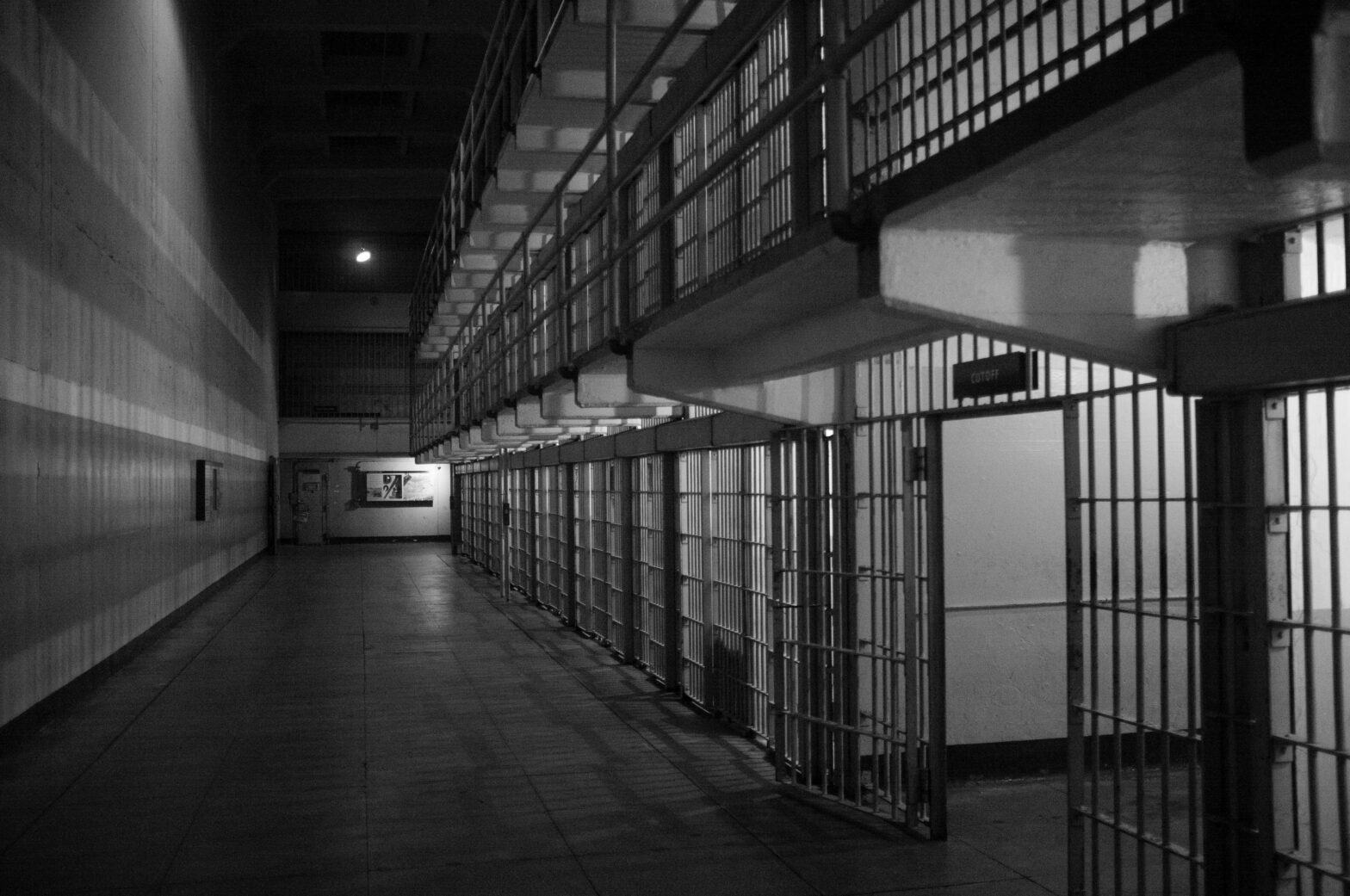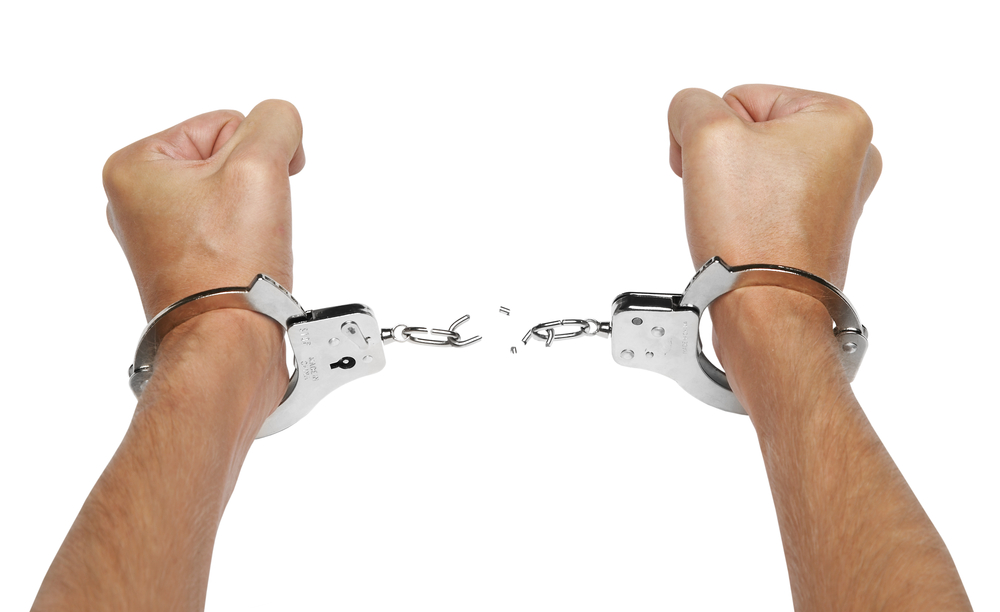Can You Bring Up Prior Sexual History in a Rape Case?
When someone accuses you of rape, it is likely that there is little evidence against you aside from your accuser’s allegations. In these types of cases, one way a rape defense lawyer may be able to build a strong defense for you is by attacking the credibility of the alleged victim. This legal defense strategy could help show that the alleged victim is unreliable and may not be telling the truth about the incident.
Not everything about the alleged victim’s past can be used in your defense if you are accused of rape. Many of our clients claim that the defendant has a history of sleeping with many people, and that should be used as evidence. However, in most cases in California, the alleged victim’s past sexual history cannot be used against him or her.
California Rape Shield Law (EC 1103)
California Evidence Code Section 1103 states that a defendant in a rape case is not allowed to introduce evidence about the alleged victim’s past sexual history as proof the victim consented to the sexual act. Known as the “California Rape Shield Law,” this law protects victims of sex crimes from unnecessary invasion of privacy and harassment.
EC 1103 applies to the following crimes:
- Rape (PC 261)
- Spousal and marital rape (PC 262)
- Rape in concert (PC 264.1)
- Sodomy (PC 286)
- Oral copulation by force (PC 288a)
- Forcible penetration with a foreign object (PC 289)
EC 1103 prevents the defendant from bringing up the alleged victim’s past sexual history with other partners. However, the defense can introduce any evidence that applies to the sexual history between the alleged victim and the defendant.
Exceptions to California Rape Shield Law (EC 782)
California Evidence Code Section 782 allows for some exceptions to the California Rape Shield Law under certain circumstances. Under EC 782, a rape defense attorney may be able to bring up the alleged victim’s past sexual history if the evidence determines:
- The alleged victim’s capacity to recall what he or she is testifying about
- The alleged victim’s character for honesty and dishonesty
- Any motive or bias the alleged victim may have in accusing the defendant, and
- Any statements that are inconsistent with the alleged victim’s original testimony
In rape cases, this typically applies to instances where the alleged victim accused the defendant of rape to cover up sexual infidelity, pregnancy or a sexual act the alleged victim feels ashamed he or she consented to.
In order to present evidence under EC 782, your experienced rape lawyer will need to make a written motion to the court stating the evidence will be sealed. The judge will then hold a hearing to decide whether the evidence will be admitted in court. The court’s ruling must be based upon the relevance of the evidence to the alleged victim’s credibility and if the value of the evidence is outweighed by the fact that it would take too long to present or it would cause prejudice or mislead the jury.
Contact the Experienced Rape Attorneys at Wallin & Klarich Today
If you or a loved one is facing rape charges, it is important that you speak to a skilled and knowledgeable rape attorney immediately. At Wallin & Klarich, our criminal defense attorneys have over 40 years of experience successfully defending clients facing rape charges in California. Let us help you now.
With offices in Orange County, Riverside, San Bernardino, Victorville, West Covina, Torrance, Los Angeles and San Diego, you can find an experienced Wallin & Klarich rape lawyer available near you no matter where you are located.
Call our office today at (877) 4-NO-JAIL or (877) 466-5245 for a free phone consultation. We will get through this together.




